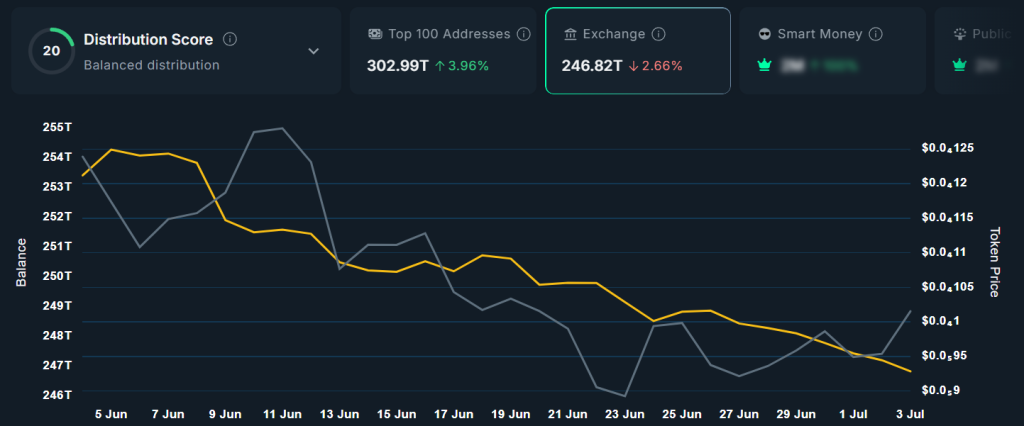Receive free Media updates
We’ll send you a myFT Daily Digest email rounding up the latest Media news every morning.
The Hollywood writers’ union and major studios said on Sunday night they had reached a tentative agreement to end a strike that has brought film and television production in the US to a near standstill for 146 days.
The Writers Guild of America said the preliminary deal was “exceptional” and delivered “meaningful gains and protections for writers in every sector of the membership”. Details of the agreement were not disclosed.
The deal will need to be ratified by the union’s membership before the strike is officially over. The WGA said it would suspend picketing of studios in Hollywood and New York but encouraged its membership to join the striking actors’ union, which has not held talks with the studios in weeks.
However, Hollywood executives have expressed hope in recent days that reaching a deal with the writers will create a pathway to an agreement with SAG-AFTRA, the actors’ union.
“It is the leverage generated by your strike, in concert with the extraordinary support of our union siblings, that finally brought the companies back to the table to make a deal,” the WGA said in a statement to its membership on Sunday.
Previous talks between the writers and studios ended in acrimony, but the two sides met for five straight days to thrash out the agreement. Major studio chiefs, including Disney’s Bob Iger, Warner Bros Discovery’s David Zaslav, Donna Langley, chair of Comcast’s NBCUniversal Studio, and Netflix’s co-CEO Ted Sarandos, are said to have been deeply involved in recent days.
The 11,500 WGA members went on strike in May seeking improved royalties from streamed programmes, limits on the use of artificial intelligence in scriptwriting and higher pay. SAG-AFTRA joined them on the picket lines in July, marking the first time since 1960 that the two unions had walked out at the same time.
The tentative deal comes as studios are under increasing pressure from the strikes, which risked disrupting next year’s theatrical slate.
Some studios had already delayed releases, with Warner Bros pushing back Dune: Part 2. Sony pushed several films, including a sequel to Ghostbusters: Afterlife, into next year.
This autumn’s film festivals — a key part of promotional build-up ahead of the big award nominations — have gone ahead without major Hollywood stars to promote them due to strike rules. Only directors and stars in films produced by independent studios were allowed to promote their work.
Beyond the direct impact on film and TV releases, the lengthy strikes have cost the California economy billions of dollars. Businesses that depend on Hollywood — from caterers and dry cleaners to drivers and sound stages — have been affected.
Credit: Source link











